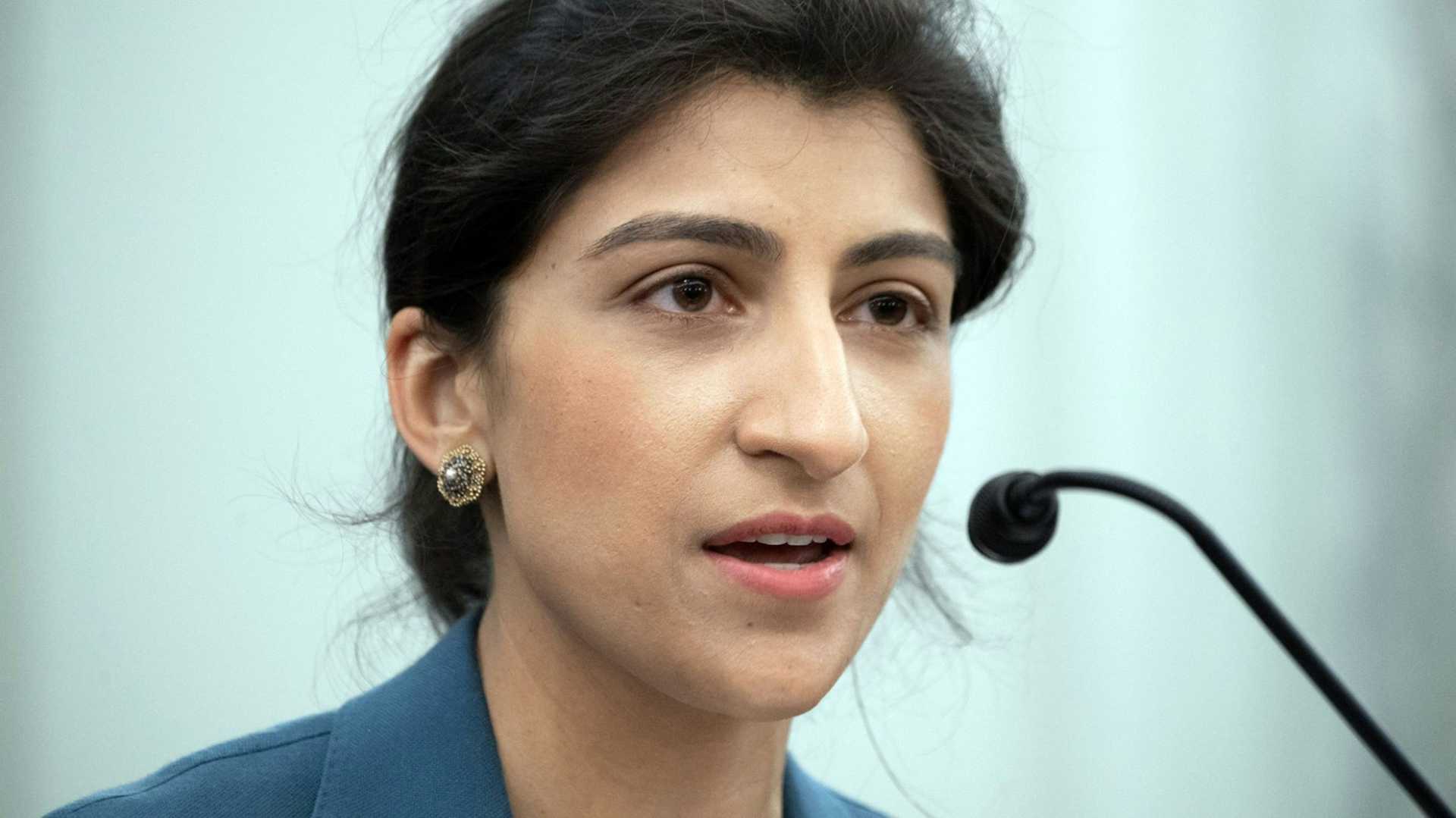Business
Lina Khan’s Impact on Antitrust Enforcement: A Legacy of Stricter Regulations and Big Tech Scrutiny

Lina Khan, the current Chairwoman of the Federal Trade Commission (FTC), has left an indelible mark on antitrust enforcement in the United States since her appointment in 2021. Khan’s tenure has been characterized by a robust approach to preventing anti-competitive practices, particularly targeting mergers and the technology sector.
Under Khan’s leadership, the FTC has adopted a more aggressive stance in challenging mergers that could lead to market dominance or harm consumer welfare. This includes rigorous reviews of high-profile mergers and a crackdown on perceived monopolistic practices in sectors such as technology, retail, and healthcare. The FTC’s recent antitrust investigation into Microsoft‘s cloud services and software licensing practices is a prime example of this proactive approach.
Khan’s focus on Big Tech has been a hallmark of her tenure. The FTC has worked to address practices by major technology firms that may harm competitors or consumers, such as limiting market access, exploiting user data, or creating barriers to entry for smaller companies. These efforts aim to prevent tech giants from becoming too dominant and ensure innovation can thrive across the industry.
However, Khan’s aggressive approach has not been without criticism. Some stakeholders argue that heightened scrutiny could stifle innovation, delay business growth, and deter investment in critical industries. Companies involved in merger investigations often face uncertainty and increased costs, which can impact their financial performance and shareholder confidence.
As Khan prepares to transition out of her role, questions are arising about the FTC’s direction under her successor. With the new administration likely to appoint a new chair, there is speculation about whether the agency will maintain its current enforcement style or adopt a more business-friendly stance. The transition could introduce a new chapter in regulatory oversight, potentially altering the balance between regulation and business autonomy.
The incoming administration, under President-elect Trump, is expected to roll back certain Biden-era antitrust initiatives. Trump has nominated Gail Slater to lead the FTC, signaling a possible shift towards more traditional economic analysis in merger reviews and antitrust enforcement. This could result in a more favorable merger review environment for businesses, although the focus on Big Tech is likely to continue.












